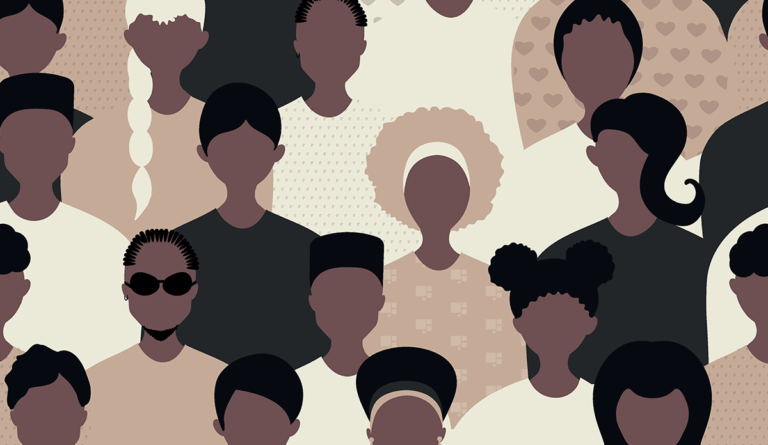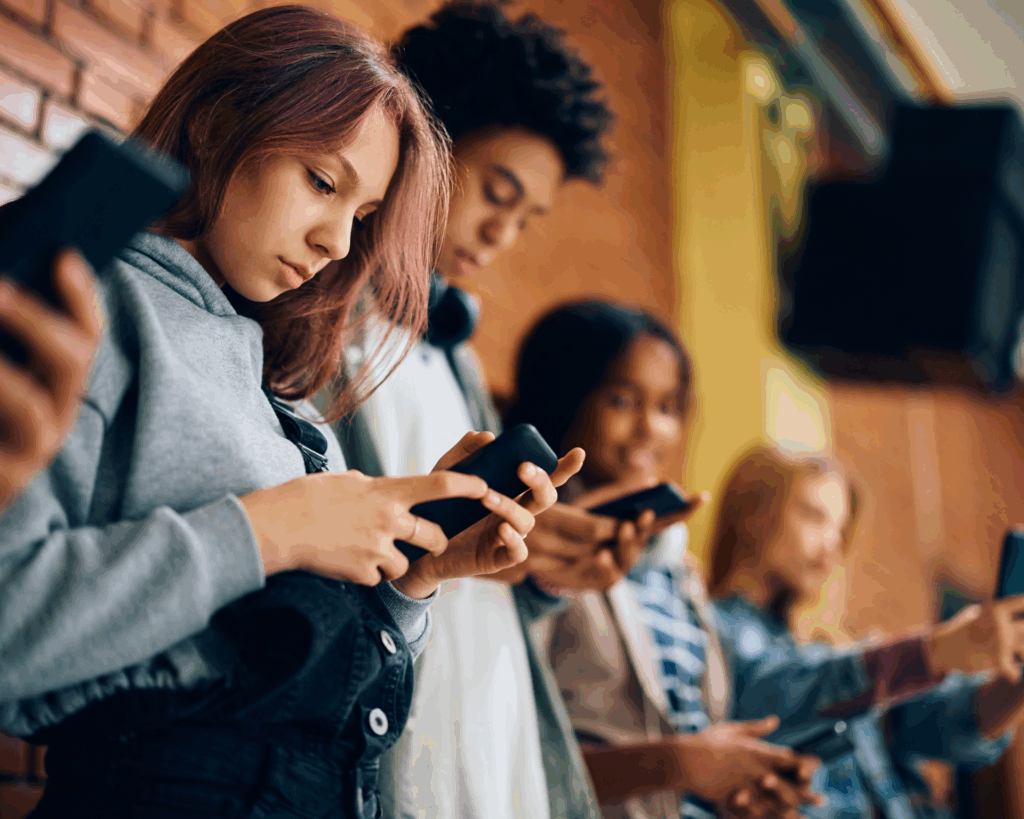Racial Identity as a Double-Edged Sword
Feeling as if one’s own fate is tied to that of the group one identifies with is a double-edged sword when it comes to mental health outcomes among African Americans.

Read Time: 4 minutes
Published:
Ahmaud Arbery, Breonna Taylor, George Floyd. The list goes on and on and on.
Attempting to come to grips with the spectacle of racial violence perpetuated against people who look like you or are closely related to you — it’s an undeniable fact of contemporary Black life in the United States. Consider President Barack Obama’s response to the tragedy of Trayvon Martin: “If I had a son, he’d look like Trayvon,” Obama said. “When I think about this boy, I think about my own kids.”
Few, I think, would deny this aspect of being Black in America. We have no choice but to stomach a daily diet of Black pain strewn across all forms of media. We do this while simultaneously contending with the long shadow cast by centuries of systemic and systematic racial violence and domination. And yet, much of the research on ethnic and racial identity, particularly among African Americans, has claimed that identification with being Black is unilaterally positive. In other words, racial identity serves as a buffer against poor health and diminished well-being.
In my paper, “Linked Fate and Mental Health among African Americans,” I use nationally representative data to consider the extent to which ethnoracial identification may be a double-edged sword. I do so using the concept of linked fate. Linked fate refers to feeling as if one’s own fate is tied to that of the group one identifies with. It has mostly been used in political science research as a measure of ethnic or racial solidarity. In my study, however, I looked at linked fate as complex expression of solidarity, collective vulnerability, and threat. After all, to identify with a stigmatized ethnoracial category with a long and continuing history victimization is not simply an act of solidarity. It is also a recognition that what happens to ‘one of us’ could happen to ‘me too.’
Respondents were asked to what extent they felt that their own lives were tied to that of African Americans as a whole. Did they, for example, feel that what happened to Black people strongly affected their own lives or weakly? Or perhaps they felt that what happened to Black people had no real effect on their own lives. In other words, what was the strength of their sense of linked fate?
In short, strongly identifying as Black can be stressful.
I found that the strength of linked fate was significantly associated with higher incidence of suffering from poorer mental health. Respondents who expressed stronger senses of linked fate with African Americans were more likely to report suffering from bipolar I, major depression, and/or anxiety disorders – some of the most common mental disorders in the United States.
Thus, many African Americans find themselves facing a profound dilemma. Their feelings of solidarity with one another invariably serve as the glue that holds them together as a group and fuel collective political action towards justice and freedom. This solidarity – feelings of connection and affiliation to Black people as a group – may, however, come at the cost of some discomfort, for instance, in the form of poorer mental health. In short, strongly identifying as Black can be stressful. And we must consider that identification as Black is often a forced choice borne amidst constant ascription into that category in everyday life.
Nevertheless, many scholars maintain that linked fate is the fuel for political cohesion and, potentially, mobilization to fight against the sources of collective threat, trauma, and vulnerability, which make identifying as Black stressful in the first place. Without this fuel, how could one imagine so many millions of Black people banding together to fight for freedom and liberation against all odds? Ultimately, then, ethnoracial identification may be a double-edged sword – on one hand it is mentally painful to identify with a stigmatized and oppressed category. On the other hand, identification with and solidarity among those in this stigmatized and oppressed category is a necessary condition for fighting against this stigmatization and oppression.
Photo via Getty Images



